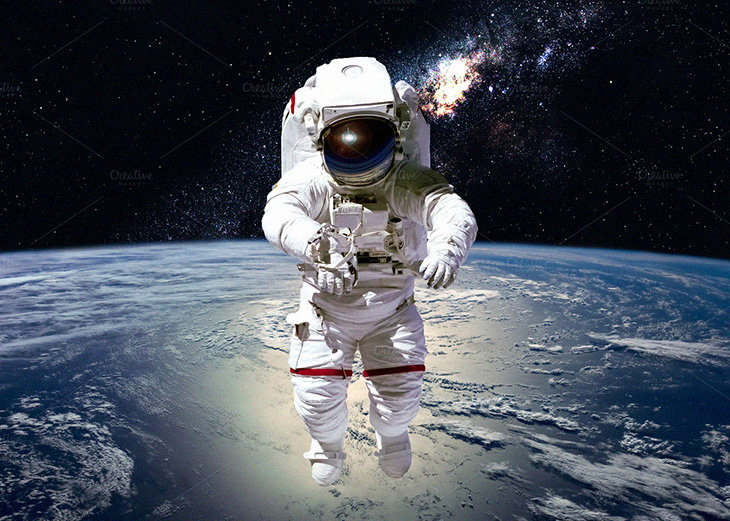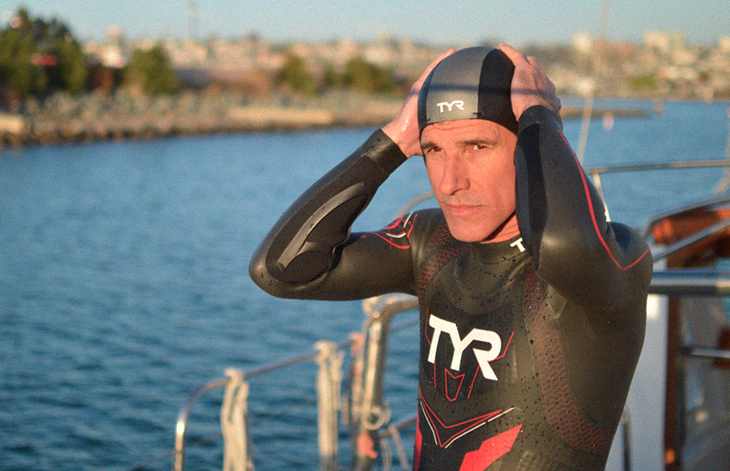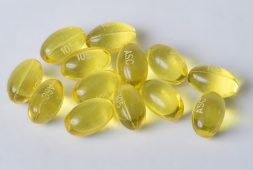
After American Astronaut Mark Kelly went into space, spending 340 days there in total, he would find out that his body had undergone some stunning changes during his time there. In fact, a research team studied the effects of Mark’s survival in an atmosphere of low gravity. What the team found out was that his heart had lost some of its mass, even though he followed a strict and rigid exercise program during his time in space.Another rather recent research paper claims that evaluating extreme swimmers helps explain the effects of low gravity on the human body. This new study even shared that there is a comparable loss of heart mass or size in a man that tried to swim across the Pacific Ocean back in 2018.
When it comes to how the human muscles have evolved throughout the years, earth’s gravity is an undeniable aspect. One simple example of this is the fact that the heart must be strong enough to manage pumping blood from the feet all the way up, rather than collect at the bottom where the feet are located. But when the body is placed in a low gravity surroundings, such muscles no longer have to function as hard as they normally do.
In order for muscles to remain healthy and strong, they need to be worked on and exercised. With new lengthy and extended outer space missions being formulated, scientists are now concerned about the possible effects that living in space for lengthened periods of time can do to the body.
The team, who consisted of cardiovascular experts from the University of Texas Southwestern (UT Southwestern), wrote a research letter consisting of collected data that examined the physiological effects that occurred on astronaut Kelly after being in space for 340 days.
What they found was that his heart had actually shrank by an average of 0.74 grams every week throughout the time that he was in space. But, they also shared that his heart still performed well regardless.
According to Dr. Benjamin Levine, the senior author of the research letter shared about Kelly’s heart, “It did shrink a little bit. It did atrophy, and it did get a little smaller, but the function remained good. I think this is encouraging for long-duration space flight. It shows that even after a year in space, the heart adapts relatively well.”
The research was published in the journal Circulation, which compared Kelly’s heart size with that of an athlete that had attempted to swim across the Pacific Ocean, and how the changes in their heart sizes were so similar.
The Tracking of The Human Heart While in Space
Apparently, Dr. Levine has had former experience when it comes to cardiological health and space going back all the way to the 1980s, when he was tasked to implant the first catheter in an astronaut so that while he was in space, NASA(National Aeronautics and Space Administration) could monitor his heart pressure.
As for Astronaut Kelly, he was stationed in space from March 27, 2015 up to March 1, 2016. During his time there, his left-ventricle mass experienced loss that happened to be equivalent of an ounce per week. And the loss also occurred despite being on a very rigorous exercise regimen that consisted of either treadmill, cycling or resistance work at least six days every week.
Just recently, Dr. Levine also completed a study with 13 astronaut participants who had been at the International Space Station for at least six months. The results showed that the effects of their time spent in space actually differed from one astronaut to another.
As Dr. Levine went on to explain was that those astronauts that were considered the most fit during their launch into space actually lost heart muscle during their time in space. Meanwhile, the astronauts that were less fit reportedly gained heart mass while on their missions.
He explains, “It all depended on how much work the astronaut’s heart did in space relative to how much it regularly did on the ground.”
Examining A Marathon Swim and A Smaller Heart
Dr. Levine, who also happens to have the Distinguished Professorship in Exercise Sciences at UT Southwestern, has studied both astronauts in space as well as the effects of exercise on the human body while here on earth. He also shared that he was interested in extreme exercise in particular.
He said that it’s his belief that the ‘cardiovascular experiences of extreme swimmers may be a predictor of what human travelers can expect in space.’
In his study of swimming and that of life in low gravity, “Both are associated with removal of gravitational loading of the musculoskeletal system and the absence of weight-bearing activities.”
He cites in a new study that the decrease in of Kelly’s heart size was quite similar to that of another athlete, long-distance swimmer Benoit Lecomte. Back in 2018, Lecomte had attempted to swim across the Pacific Ocean, but because of equipment issues, he only managed to swim over 1,750 miles over a span of 159 days.

As reported by Dr. Levine, swimmer ‘Lecomte lost 0.72 g of left-ventricle muscle per week during his swim,’ which when compared to what Kelly lost while in space was just a little less than that.
Dr. Levine admits that it surprised him more that Lecomte’s heart-mass had reduced even more than Kelly’s. Even though swimming is not considered a high-impact exercise, Lecomte was also averaging around 6 hours of exercise per day in comparison to Kelly, who was only clocking around two hours per day.
According to Dr. Levine, he thinks that the reason why Lecomte had a larger heart-mass loss was probably due to the heart muscle not needing to pump blood upwards since swimming is done with the body lying horizontally in water.
What Dr. Levine hopes to achieve with his research paper is to find an answer as to whether low-intensity, long-duration exercise ‘can effectively counteract the effects of weightlessness on the cardiovascular system,’ such as that of the swimmer. Yet so far, it would seem that after seeing the progress of Lectome, the answer still seems to be no. But who knows what further studies accomplished later on will bring.



